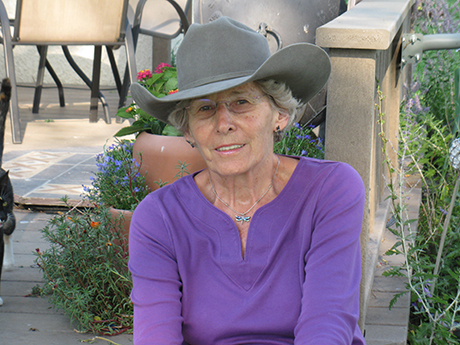Today we have guest writers. The first is Arthur Brooks, president of the American Enterprise Institute.
“If we want to solve the problem of polarization today, we have to solve the contempt problem. The contempt that infects our political discourse stems from the utter conviction of the worthlessness of another human being.”
This next is from Doris Daley, my Canadian friend who lives in Alberta, but spends a good deal of time in our country. Reprinted by permission.
“To all my dear, respected, and much-loved American friends: those of us who aren’t citizens of your great country don’t get to vote on November 3. But the world is watching. Much is at stake. Republicans, Democrats, Undecideds, Others, and Everyone In Between: please take the high road and please take the issues seriously. When you make cheap jokes about a fly landing randomly on a person’s head, you a) aren’t funny and b) you risk losing credibility when you speak out about issues of great national and international gravitas. When you ignore or worse, condone, name calling (i.e. “Pocahontas”, “Sleepy Joe”) and other ugly behavior, you can’t then wonder why many in the international community say, “Really? American standards have sunk that low?
Let me be the first to point out that I live in an imperfect (but nevertheless jim-dandy) country that suits me fine. Let me also say that Canadian politics are far from perfect. Like millions of observers around the world, however, I take note of American discourse and American politics, especially these days. And I read the insults and “jokes” that you hurl at one another, directly, or indirectly, veiled or unveiled, on Facebook. Oh, my goodness. What happens on November 3 will have ramifications around the world. I hope the next few weeks are full of discernment, grace, and better, more helpful communication for all. Thus endeth the rant from your friend who just wants everybody to be nicer to each other.”
It’s easy to feel helpless amid the fray and frenzy but what one person does and says really can make a difference, even if only in one room, one family, or one meeting. I recall a quote from somewhere now forgotten, that said, “I don’t want to argue with them. I just want to love them.” I recall an eleven-year-old whose parent wasn’t being very responsible. He said, “I love my mom, but I don’t like her much right now.”
We may be of totally opposite opinions on any given issue but that doesn’t give me the right to diminish your worth as a human being. Such behavior says more about me than you, and I become part of the problem.
The word sarcasm originally meant to tear flesh. There’s enough blood lying on the floor around here without us adding to it. Just saying.

